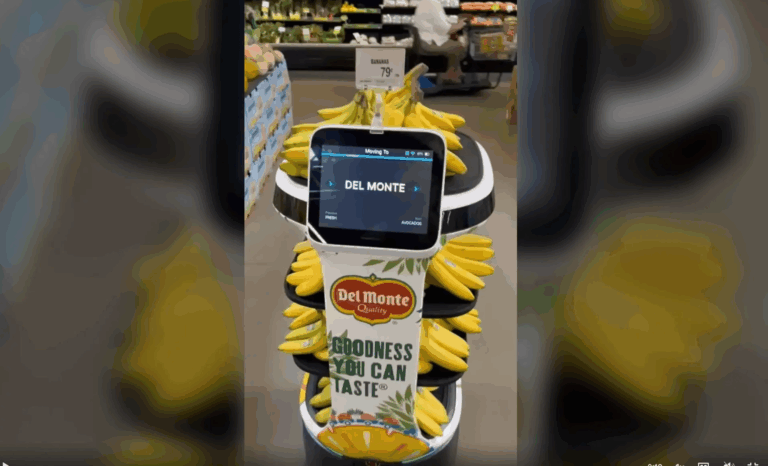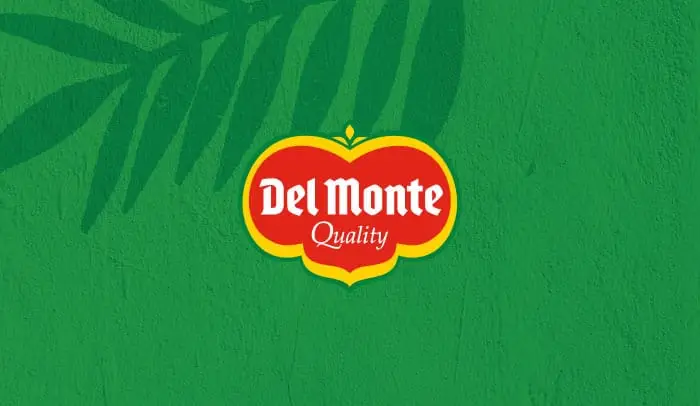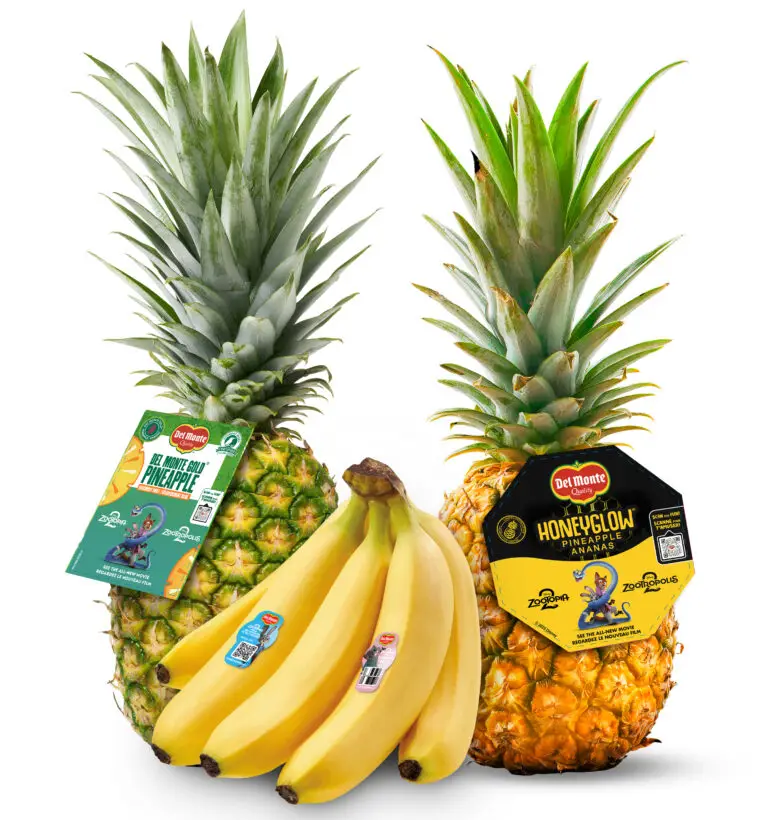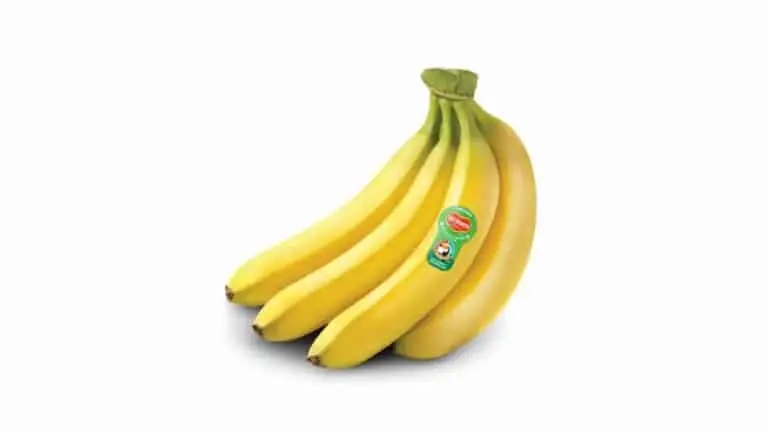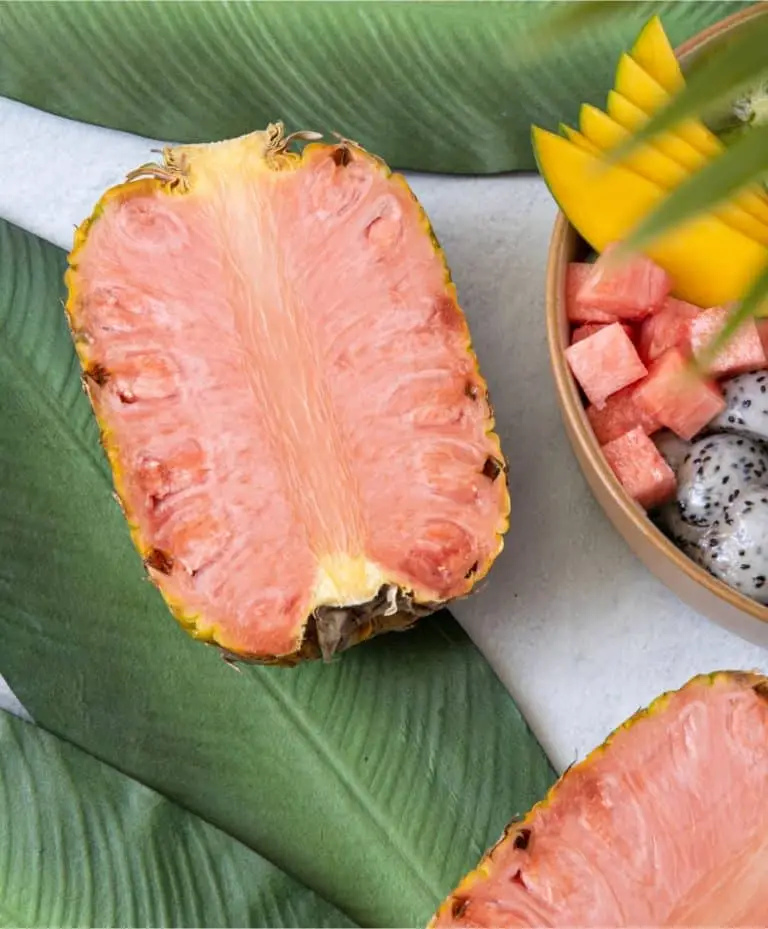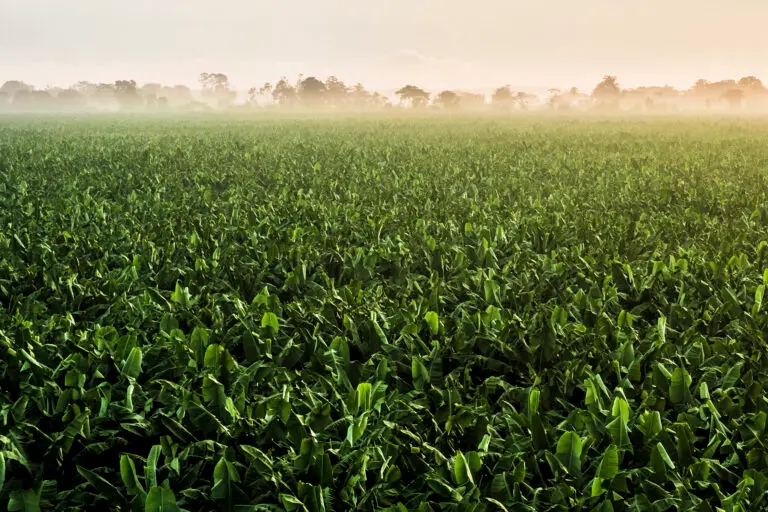Global produce company Fresh Del Monte pledges to join the Pacific Coast Food Waste Commitment, or PCFWC, as the first grower to sign on to its large-scale food waste reduction goal. The PCFWC plans to cut food waste by 50% along the West Coast of the U.S. by 2030 with the support of its partners.
Fresh Del Monte sees this commitment as building on ambitious sustainability initiatives to reduce food waste throughout its operations. In 2021, Fresh Del Monte diverted 95% of its food waste from the landfill and reduced the total amount of its food waste produced by 13% from the previous year, according to the news release.
“Sustainability is woven into the fabric of everything we do at Fresh Del Monte, and mitigating food waste has always been an important part of that,” Fresh Del Monte’s Chief Sustainability Officer Hans Sauter said in the release. “We’re thrilled to join the PCFWC and to work collaboratively with other signatories across the Pacific Coast — a region that is particularly special to us because of our farming and processing facilities in California and Arizona and our use of Port of Hueneme in California, which is one of our most important logistical hubs in North America.”
The PCFWC is one of the largest, public-private partnerships dedicated to food waste reduction, bringing together food businesses and local jurisdictions on the West Coast to reduce food waste. Fresh Del Monte’s participation will further PCFWC’s work to reduce food waste throughout its own operations and is a model to other suppliers and the produce industry.
“As the first grower to join the PCFWC, Fresh Del Monte is helping to expand the PCFWC’s work to additional segments of the food supply chain,” Pete Pearson, senior director of food loss and waste at World Wildlife Fund, said in the release. “Food waste is a system wide problem, and the participation of an internationally recognized produce company underscores the importance of working collaboratively across all food system sectors to reach food waste reduction goals.”
Food waste is a one driver of the climate crisis and is responsible for 4% of all greenhouse gas emissions in the U.S. alone. This partnership paves the way for collaboration among other produce suppliers and food brands on the West Coast. Additionally, it sends a signal to the produce industry that when businesses work together through the sharing of data and best practices in a precompetitive format, progress can happen quickly.
Sustainability Programs at Fresh Del Monte
Over the years, Fresh Del Monte’s work in promoting soil health, carbon sequestration, water conservation and biodiversity earned the company a Sustainability, Environmental, Achievement and Leadership award in 2021. The company has also committed to donating 2.5 million trees by 2025.
More information about the Fresh Del Monte’s sustainability efforts and progress can be found in Fresh Del Monte’s sustainability reports. The 2021 report will be released in October.
About the Pacific Coast Food Waste Committment
The PCFWC also serves as a model of collaboration for other regions around the country to do their part to reduce food waste. It’s aligned with the “U.S. Food Loss and Waste 2030 Champions” program from the USDA and Environmental Protection Agency, as well as important global efforts, such as World Resources Institute’s “10x20x30” initiative, which brings together 10 of the world’s biggest food retailers, including PCFWC signatories Sodexo and Walmart, and providers to engage with 20 priority suppliers, including Fresh Del Monte, to reduce by half the rates of food loss and waste by 2030.
All PCFWC initiatives were implemented to drive action to achieve United Nations Sustainable Development Goal 12.3, which details targets for food waste reduction around the world.
In 2019, the Pacific Coast Collaborative — a coalition of U.S. states and cities along the Pacific Coast, as well as British Columbia, Canada — along with nonprofit resource partners ReFED Food Waste, World Wildlife Fund and WRAP, called on food businesses and their supply chain partners to join the PCFWC.
The first signatories included Albertsons Cos. West Coast division, which includes stores such as Albertsons, Safeway, Vons and Pavilions; The Kroger Co.; PCC Community Markets; New Seasons Market; Raley’s; and Sprouts Farmers Markets. Manufacturing industry association Food Northwest and Bob’s Red Mill joined the effort in 2021, emphasizing the need to reduce waste across the entire supply chain. Earlier this year, major retailers Amazon, Costco and Walmart joined, providing data that offers greater transparency into food waste pain points for grocery retailers and serves as a model for collaboration for the rest of the country.
